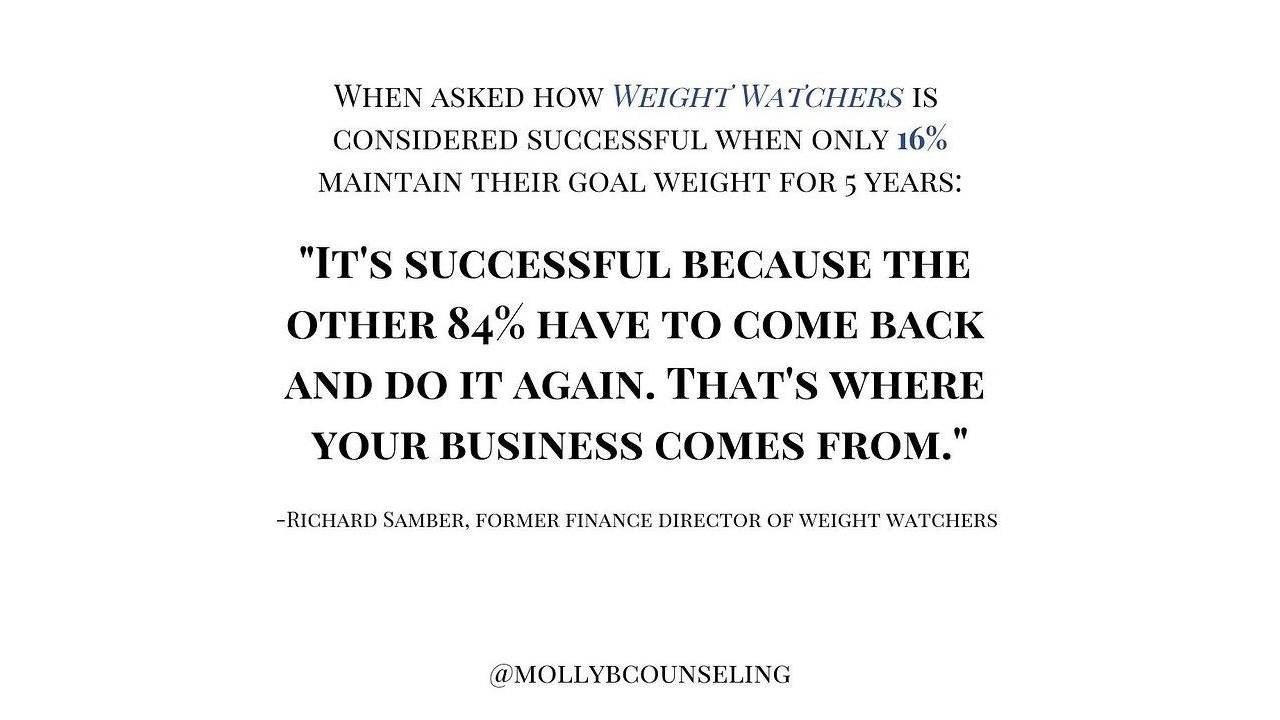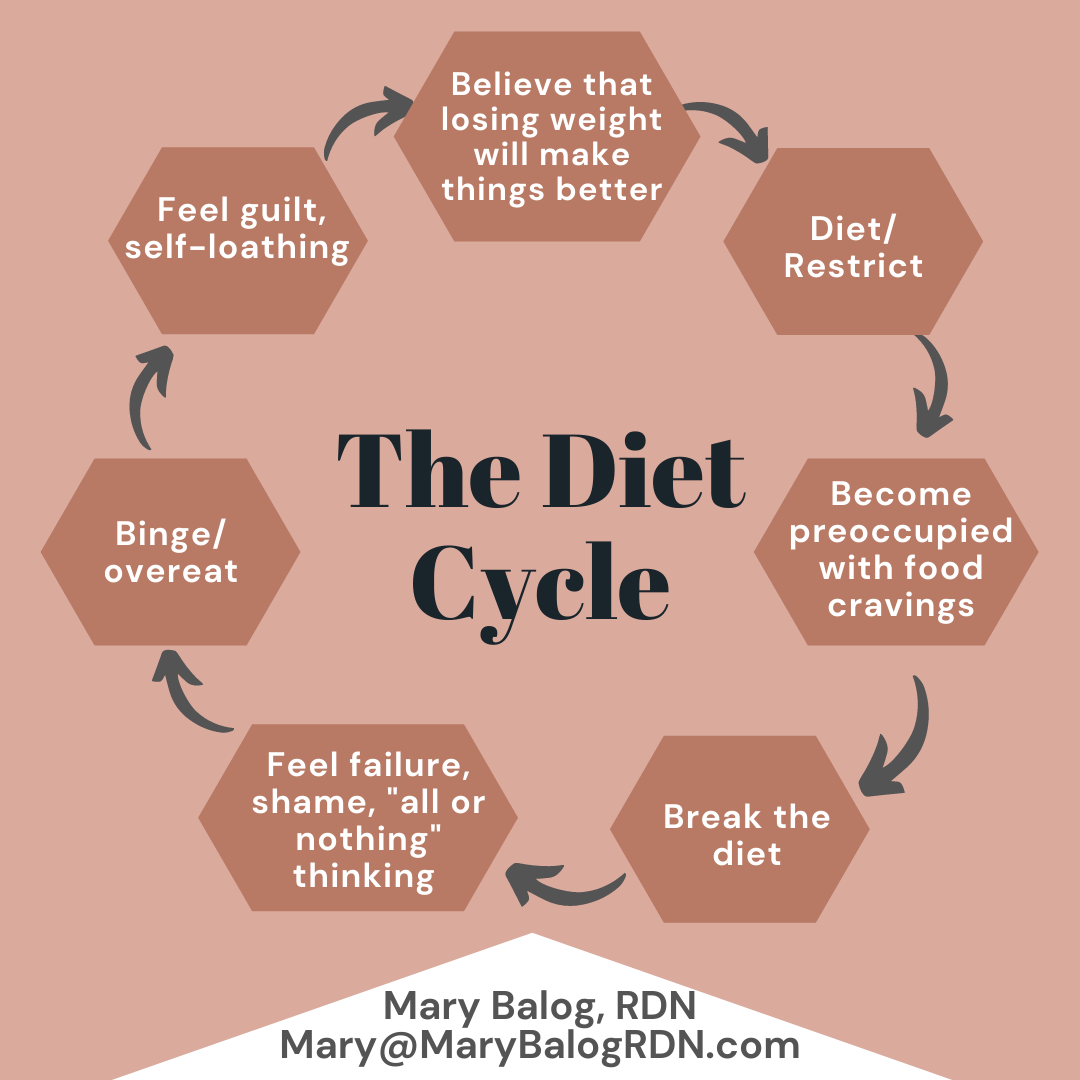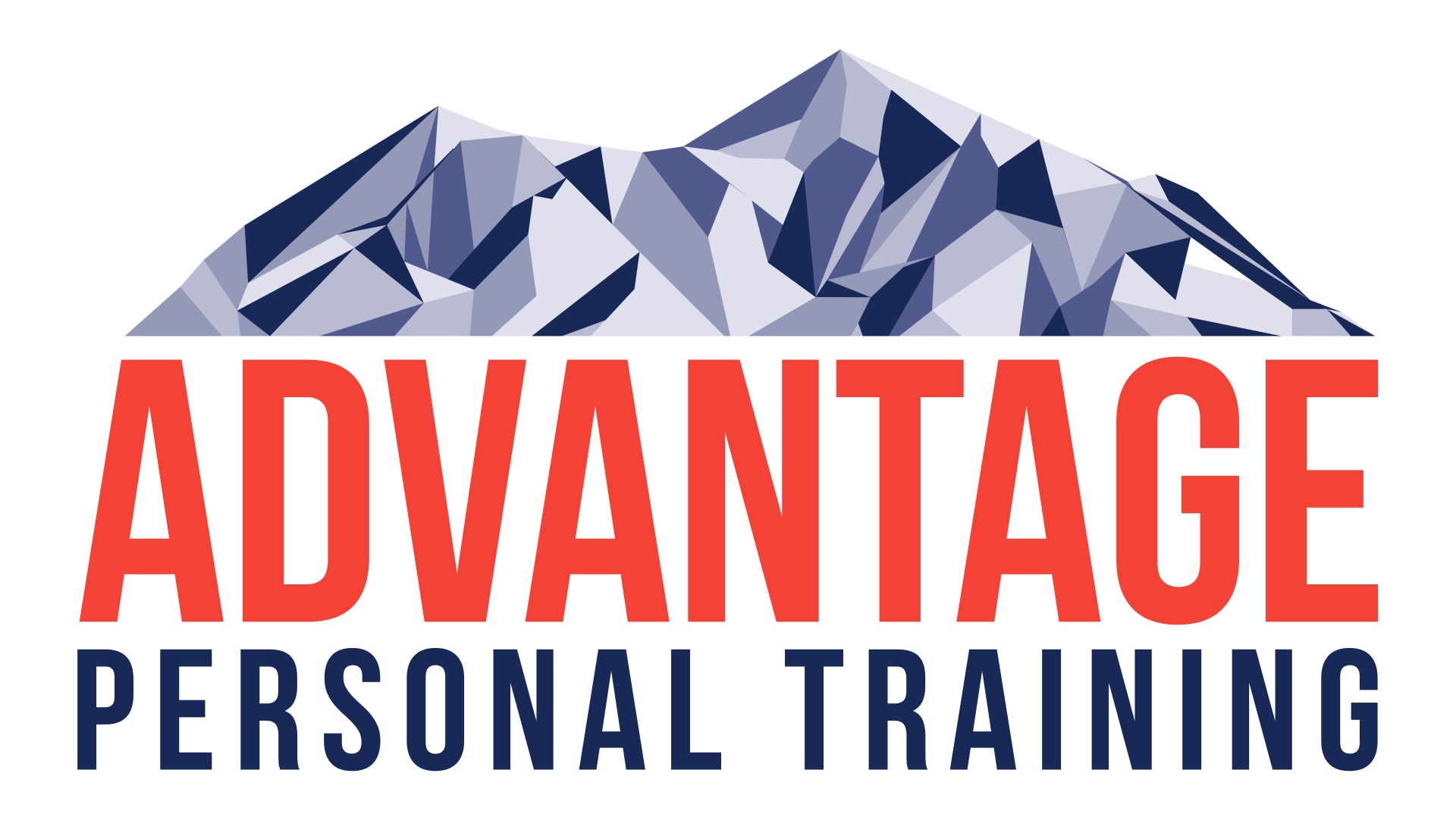The Hard Thing Rule
I’m just finishing Angela Duckworth’s new book entitled Grit: The Power of Passion and Perseverance , and I put this one right up on the shelf with Dweck’s Mindset and Kerr’s Legacy as required reading for any coach, teacher, parent, or manager. The book describes the quality of “grit” and how it may be the best metric for predicting the success rate of West Point cadets, Harvard grads, spelling bee champs, and high achievers from many other realms. Grit is more than mental toughness (what is that, anyway?). Grit is the dogged pursuit of a long term goal. Something you are passionate about. Something you feel you may never master, but you continue to pursue and improve upon. Grit is a trait that allows people to chase an end goal even though it might be demanding. The grittiest people tend to treat life like a marathon rather than a sprint, steadily running down their goals instead of going hard only to come up short.
The book contains more great practices than I can implement at one time** but here is one useful idea you can implement today to improve your grit, and help develop it in your kids, athletes, and students.
The Hard Thing Rule: from Angela Duckworth’s Grit
The author describes a rule her family lives by called the Hard Thing Rule. There are 3 parts to this rule
- Everyone in the family has to do a “hard thing”. This is something that requires daily deliberate practice. This may be a sport, extracurricular activity, playing an instrument, or addressing a part of your profession that needs improvement. The bottom line is, take on something that is difficult to learn or do, and practice daily.
- You can quit this activity, but not until the season is over, the semester has ended, your membership ends, or some other logical stopping point arrives. You have to finish what you begin. You are not allowed to quit on a hard day, like when a coach yells at you, you fail a test, lose a race, or otherwise drop the ball. Once your commitment is done, you don’t have to return that that hard thing, but many times you will because you have gotten a taste of the pride you feel after completing something difficult, and you want to pursue that small victory again.
- You get to pick your hard thing. No one else can pick it for you. How can you expect to engage in and find passion for something that wasn’t your idea in the first place?
What a beautiful, simple idea. Not only does this rule encourage kids (and parents) to take on challenges they are not sure of or ready for, but it is also a demonstration of “emotion-free mistake making”, another concept addressed in the book. Emotion-free mistake making does not assign a judgement or negative value to a mistake, it simply recognizes the mistake and moves on toward a solution. This is great practice for everyone, and a great way to encourage a growth mindset . Many of the people Duckworth calls “Paragons of Grit” have accumulated massive amounts of failure, but through passion, perseverance and a growth mindset, have risen to be the best in their field.
The Hard Thing Rule is one simple way to begin to grow grit in our families. It allows for the freedom to choose your own pursuits, but also sets the expectation that once started, you will see your commitment through. Even if it’s hard . This combination of autonomy, purpose, and pursuit of mastery grows organic motivation in our kids, and teaches them to persevere through challenging times and to create the grit that will help them succeed in what they are most passionate about.
** Here’s an idea of how many useful ideas are in this book. I listen to most of my books on Audible because I can listen during otherwise wasted time driving in the car, or walking the dogs. I can create audio clips that act as highlights so I can go back through and recall important ideas. If I come across a book I find particularly useful, I will also purchase the Kindle edition, so I can actually highlight the text and create a notes page. I am currently 80% of the way through Grit and the notes page is nearly the entire length of the book.**
Was what you read interesting? Maybe even helpful? Join our Insider’s list and we will keep our best stuff coming right to your inbox.
Join Our List



Advantage Personal Training is an Ann Arbor based Family Oriented Gym, focusing on the training needs of individuals, small groups and youth athletes. Meet with a results-oriented personal trainer and put yourself on the path to a more active life!
SERVICES
CONTACT INFORMATION
Hours of Operation
Mon to Fri: 6:00 AM - 8:30 PM
Sat: 8:30 AM - 12:30 PM
Sun: CLOSED
All Rights Reserved | Advantage Personal Training

